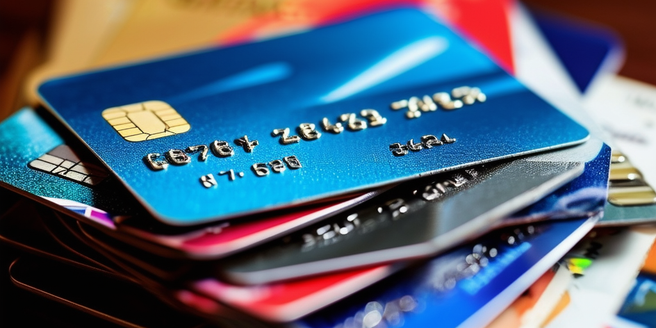Understanding Debt Settlement and Its Impact on Credit
Debt settlement is a negotiation process where a debtor agrees to pay a creditor a percentage of the total debt to clear it. This approach, while tempting, should be considered carefully and understood fully. While this can relieve immediate financial pressure, it often results in a significant negative impact on one’s credit score. This is because settled accounts are typically reported as ‘settled’ rather than ‘paid in full’ on credit reports, suggesting the borrower didn’t meet the original terms of the loan. This causes potential future creditors to see you as a higher risk borrower.
Analyzing Your Credit Report Post Debt Settlement
After a debt settlement, it’s critical to obtain and review your credit report. This is part of a comprehensive plan to regain control over your financial health. Once you receive your credit report, you must carefully scrutinize every detail. This document will reflect the settled accounts and the impact on your credit score. You may also see late payment records and collections, further lowering your score. It is important to ensure all information is accurate and that the settled accounts are correctly marked. Any discrepancies must be disputed promptly with the respective credit bureau.
Developing a Comprehensive Credit Rebuilding Plan
After dealing with debt settlement, it’s vital to develop a comprehensive credit rebuilding plan. To kickstart this, it’s important to educate yourself about how credit systems work, which will better prepare you to manage your finances. This plan should also involve saving a certain percentage of your income each month. This includes setting up a realistic budget, paying all bills on time, and not taking on new debt unless absolutely necessary. Utilize secured credit cards and small installment loans to gradually build a positive credit history. Monitor your credit report regularly to track your progress and avoid potential setbacks.
Effective Strategies for Credit Card Utilization
Using a credit card effectively can help rebuild your credit. Aim to use no more than 30% of your credit limit at any given time. It’s important to note, however, that simply having a credit card isn’t enough; it is how you use it that ultimately impacts your credit score. To achieve this, consider making smaller purchases with your card and paying them off as promptly as possible. Pay your balance in full each month to avoid interest charges and maintain a low credit utilization ratio. This demonstrates to lenders that you can manage your credit responsibly, leading to potential credit limit increases and improved credit scores over time.
The Role of Secured Credit Cards in Rebuilding Credit
Secured credit cards offer an excellent opportunity for individuals to rebuild their credit profiles following settlement agreements. Backed by a cash deposit from the cardholder, these specialized cards provide security for the issuer while offering a low-risk way for people to establish a consistent payment history. Over time, responsible use, including maintaining a low credit utilization ratio, boosts the individual’s credit score and credibility. Thus, secured credit cards serve as a practical, lower-risk alternative to conventional cards and play a crucial role in restoring financial stability after past mistakes, demonstrating responsible credit management to potential future lenders.
Navigating Future Financial Challenges after Debt Settlement
Navigating personal finance can be challenging after settling major debt, leaving many lost. Using structured strategies such as careful budgeting simplifies this task by refining spending habits and guiding towards financial stability. It’s crucial to comprehend your financial constraints to prevent overspending and return to debt.
Informed decisions on asset management, savings plans, beneficial investments and general financial planning are crucial for a robust financial future. Maintaining consistent timely payments helps avoid late fees and damage to your credit score.
High-interest, unsecured debt should be avoided to prevent escalation into sizable sums, and staying debt-free must be prioritized. Establishing an emergency fund acts as a safety net against unexpected expenses, reducing the need to borrow.
A journey towards financial stability requires focus, discipline, and knowledge, leading to a more prosperous economic future.


